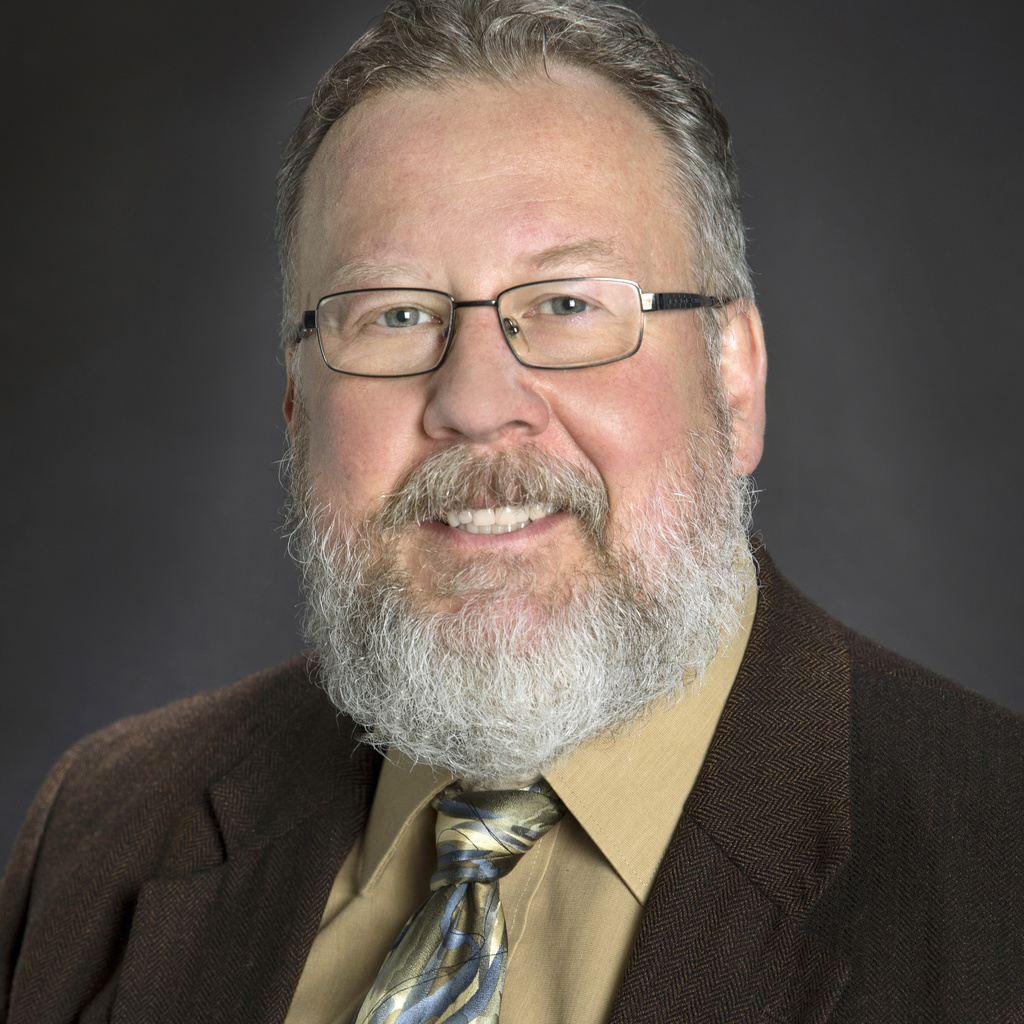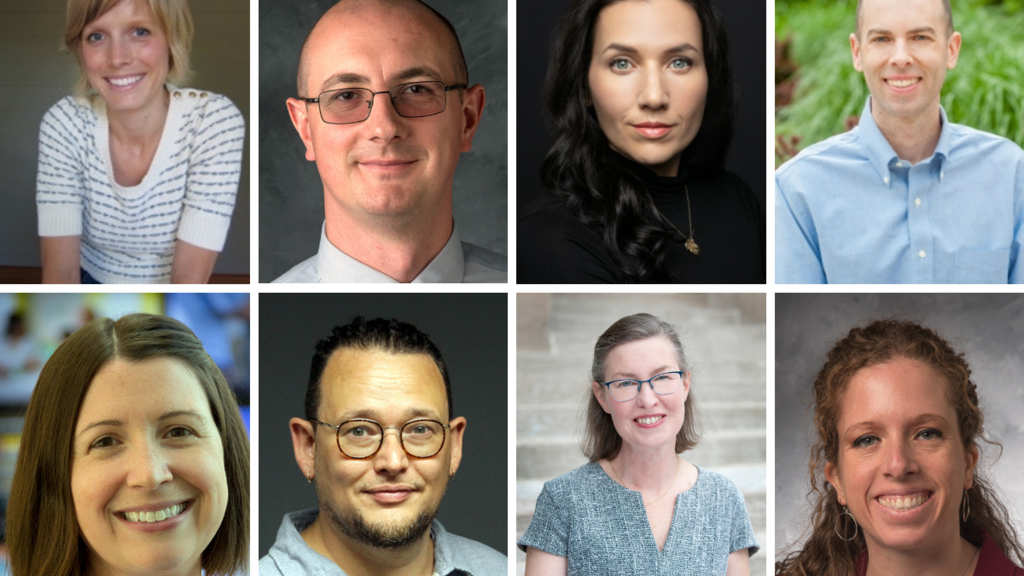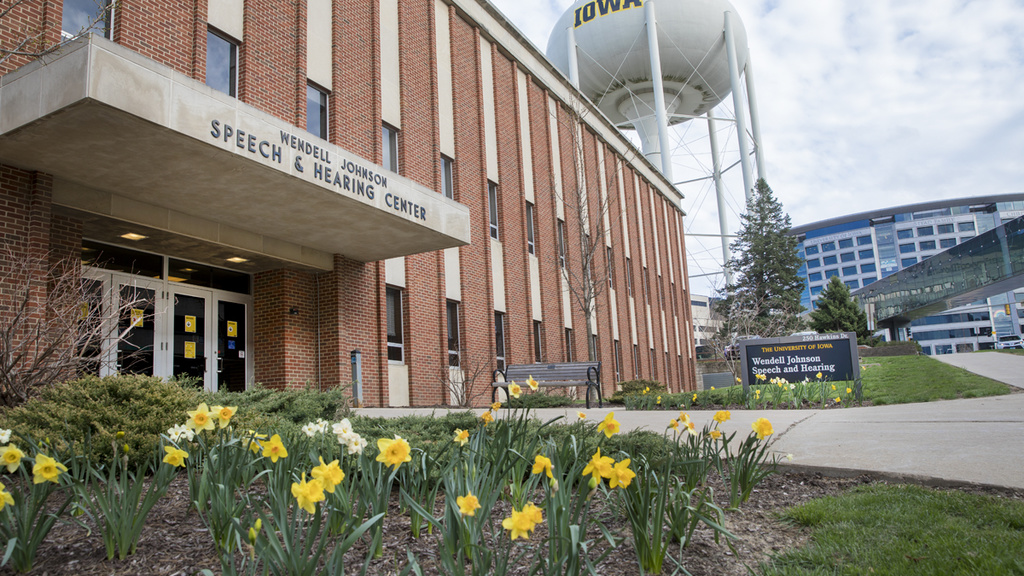
Christopher Cheatum
Associate Dean for the Natural, Mathematical and Social Sciences

Roland Racevskis
Associate Dean for the Arts and Humanities
Year Two Progress
Faculty recruitment, development, and retention
- Created a DEO nomination, selection, and evaluation policy aligned with the published expectations of DEO leaders
- Increased frequency of 1-1 meetings with DEOs (every 2-3 weeks)
- Redesigned faculty reviews and faculty promotion workshops to provide better career-development feedback
- Conducted 1-1 meetings with faculty to recognize strong performers and better understand those facing challenges in career trajectory
-
Successful DEO recruitments in CSD and Biology including first UI transformational hire
-
Overhauled the faculty merit review process
- Addressed longstanding salary compression (ongoing)
- Revised the 5-year review process and trained DEOs on annual and 5-year reviews
- Supported development of performance improvement plans (PIP)
- Implemented feedback and development program and professional coaching support for ADs
Staff recruitment, development, and retention
- Co-led an administrative review of roles and responsibilities, resulting in identifying areas to improve consistency in the search process
- Piloted 2023-2024 staff proposal review process for advancements, promotions, and new staffing, and anticipated changes in 2024-2025
- Developed and provided training for supervisors on giving performance feedback and performing stay interviews
- Identified and sponsored emerging leaders for UI Lead
- Provided supervisory training for staff performance management, addressing evaluation, feedback, and retention efforts
- Piloted CLAS New Staff Orientation – half day session for staff new to the college (new hire and transfers from other UI units)
Year Three Priorities
Arts and Humanities
- Initiate Humanities Strategy Group to strengthen support of these areas and
- Continue partnership with OVPR to support arts and humanities in CLAS
- Work with GSO, OVPR, Provost’s Office, and Obermann Center to increase faculty success in external awards
- Support Obermann Center leadership transition
- Pursue transformational hire in Arts & Humanities
- Strengthen organizational structure in DWLLC
- Support SAAH repositioning efforts
- Collaborate with DEOs on social analysis areas charge and related changes
- Support greater coordination of Writing Hubs
- Reassess joint appointments
Natural, Mathematical, and Social Sciences
- Work with DEOs and departments to update 5-yr hiring plans and use them for long-term strategy
- Develop a leadership pipeline and succession plans in CLAS departments
- Develop new sources and long-term plan for faculty startup funding
- Develop a cohort-based leadership training program for emerging mid-career faculty leaders
- Work with DEI committee to create a CLAS faculty mentoring program with mentor training
- Meet with groups of faculty in strategic areas to engage in long-range planning conversations
- Continue to look at salary compression across departments
- Complete 1-1 meetings with faculty
- Meet with groups of faculty in strategic areas to engage in long-range planning conversations
- Work with DEOs and ADs to develop a framework for differential teaching loads in the sciences
- Support structural evolution in environment and sustainability-related areas
- Support evolution and strengthening of communication-related areas including faculty, assessing staffing needs and structure, and developing shared programs and resources
- Pursue senior, potentially transformational, hire in Physics and Astronomy
- Work with DEOs to revise/update/strengthen strategic plans
Human Resources
- Align administrative and HR procedures through an updated roles and responsibilities document for searches
- Revisit staffing proposal process for improved communication and process, with a 2–3 year horizon
- Develop and implement unconscious bias training for staff searches that aligns with the faculty search process
- Develop a process for multi-rater departmental administrator performance feedback and evaluation
- Continue AD feedback and development program
- Evaluate annual staff recognition in collaboration with CLAS Staff Council
- Develop a template for supervisors for determining merit increases
- Develop an evaluative process for merit increases for department administrators

